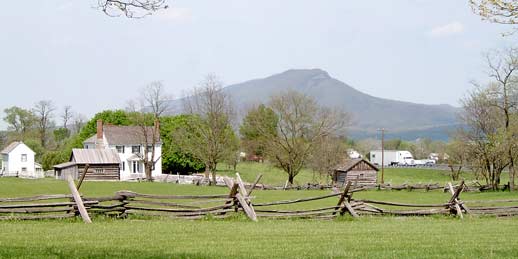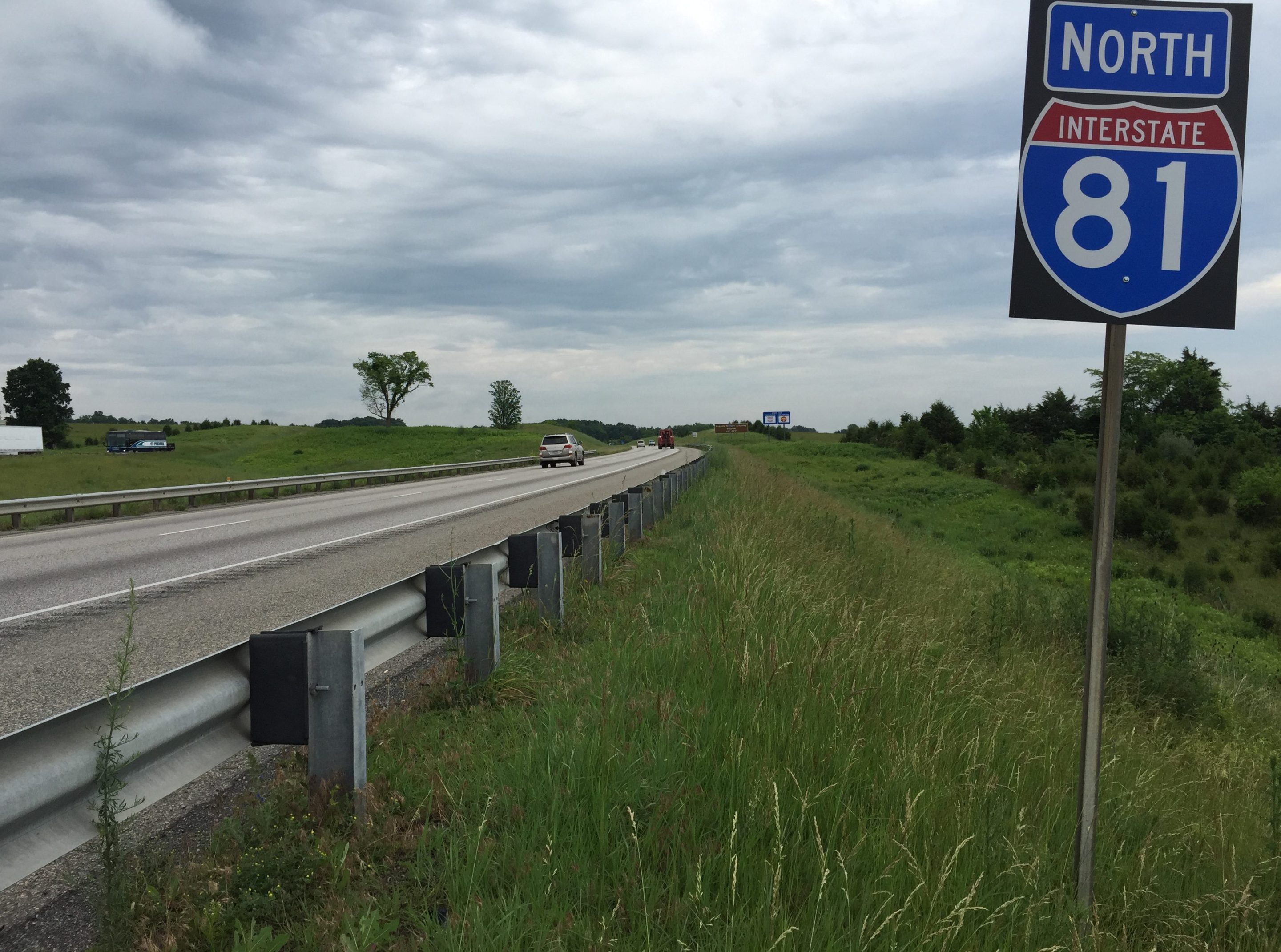In this year's installment of its annual “Highway Boondoggles” report, Gideon Weissman of Frontier Group and Matthew Casale of U.S. PIRG Education Fund deliver a stark warning about the billions of dollars states spend on unnecessary highways that fracture our cities, deprive transit of scarce funds, and pollute our environment. Below is the last of nine installments detailing case studies of these harmful roadways: Virginia's widening of I-81, supposedly for safety reasons, when operational improvements would be a far cheaper and more effective.
Interstate 81 is a rural highway that runs along the western edge of Virginia. Aiming to raise freight capacity and improve safety, Virginia is moving forward with a plan to widen and rebuild sections of the highway. The “I-81 Corridor Improvement Plan” consists of 63 individual projects including lane additions, shoulder widenings and curve improvements, along with operational improvements, that will cost an estimated $2.2 billion.
Officials have pointed to safety as a key reason for the need to expand the highway. Yet, in 2010, state officials raised speed limits to 70 mph along much of I-81, a move that likely made the road more dangerous. According to one national study, rising speed limits were responsible for nearly 37,000 deaths in the U.S. from 1993 to 2017.
As the highway runs through a rural area, the bulk of congestion problems result from crashes, construction and high demand for long-distance travel on holidays. Indeed, the current stage of the project already includes operational improvements that could, for less than 10 percent of the cost of the total project, both improve safety and limit congestion by reducing accident response times. Identified solutions include better speed enforcement, new traffic cameras, changeable message signs, expanded safety service patrols and more emergency-clearance services. According to state documents, 70 percent of people polled at public meetings related to the project supported more speed enforcement.

Better options also exist for increasing freight capacity, including improved freight rail service. The state is already investigating increasing capacity of the freight rail route that runs parallel to I-81. The state found that one recent investment in freight rail “helped to reduce emissions and costs that stem from accidents, congestion, and pavement maintenance.” The state notes that through “benefit cost analysis, the Virginia Department of Rail and Public Transportation calculated an annual economic benefit [of the rail investment] to Virginia of $1.2 billion, saving nearly $34 million in annual pavement maintenance costs” by reducing vehicle travel.
The I-81 widening project will also impose social and environmental costs, including effects on historic Civil War landscapes, more air and water pollution and, if the highway is tolled, effects on communities that would experience new truck traffic from trucks avoiding tolls.






